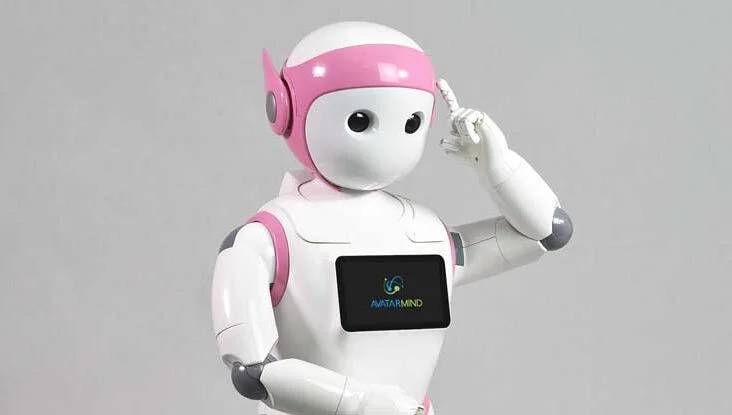By: Katie Wang
At the Mattlin household in Bakersfield, conversation was nonstop with Mattlins and their robots. These robots are making this lonely couple have plenty of company at home. Never missing a conversation with their helpful robots. Audrey Matlin has been known to take offense when one of her robots is being spoken harshly to.
The reason for all these robots is so that it can cure the epidemic of loneliness that is felt by millions of elderly. The Department of Aging in California has made $50 million in technology grants that are available to counties, which are exploring what way is the best to address isolation. “A growing body of research on companion robots suggests they can reduce stress and loneliness and can help older people remain healthy and active in their homes,” Duke Today reported this month after a study conducted in part by Murali Doraiswamy, a Duke University professor of psychiatry and geriatrics. Robots like these can also serve as reminders, especially for the elderly who have signs of dementia. A robot might also be programmed to remind someone they skipped yesterday’s walk and encourage them to exercise by saying: “I’m going to walk with you, so you can walk with your grandchild next week.”
ElliQ, who resembles a table lamp and speaks mainly to Audrey, 84, whom the robot refers to by a nickname. As in, “How did you sleep, Jelly Bean?” Goo-goo-eyed Astro looks like a short-handled vacuum cleaner with an electronic tablet for a face. He scoots around the house on wheels and follows people on command. Jibo, arguably the most life-like of the lot, sits on a table next to 86-year-old Ken, who loves asking the robot to show off its dance moves. “He can twerk,” said Ken, and Jibo promptly gyrated on its axis.
Isolation during the pandemic highlighted how harmful loneliness can be. This sped up development of tech solutions, says Nilanjan Sarkar, an engineering professor at Vanderbilt University. One area of rapid advancement has been artificial intelligence for companion robots. Today’s A.I.-enhanced robots have improved stereo vision to sense the shape and location of objects, and they have better algorithms and speech processing, which let them recognize people, monitor interactions, and tweak their behavior based on experience. Dor Skuler, CEO of ElliQ’s maker, Intuition Robotics, says his robots offer greater value than A.I.
assistants. Although ElliQ is initially programmed to deliver generic statements and questions, it has a “real personality,” through which it can “build relationships with humans, project empathy, and retain the context of previous conversations,” Skuler says. Over time, ElliQ is able to tailor suggestions to an individual, nudging its owner toward personally important goals, such as staying healthy and social.
I think it’s a safe bet that when such robots are on the market, Ken and Audrey Mattlin will add them to their growing family. Their robots weren’t brought into their home to treat isolation, but to indulge their curiosity. These great aspects of robots are such great demonstrations of the good of technology and how it can cure loneliness.











